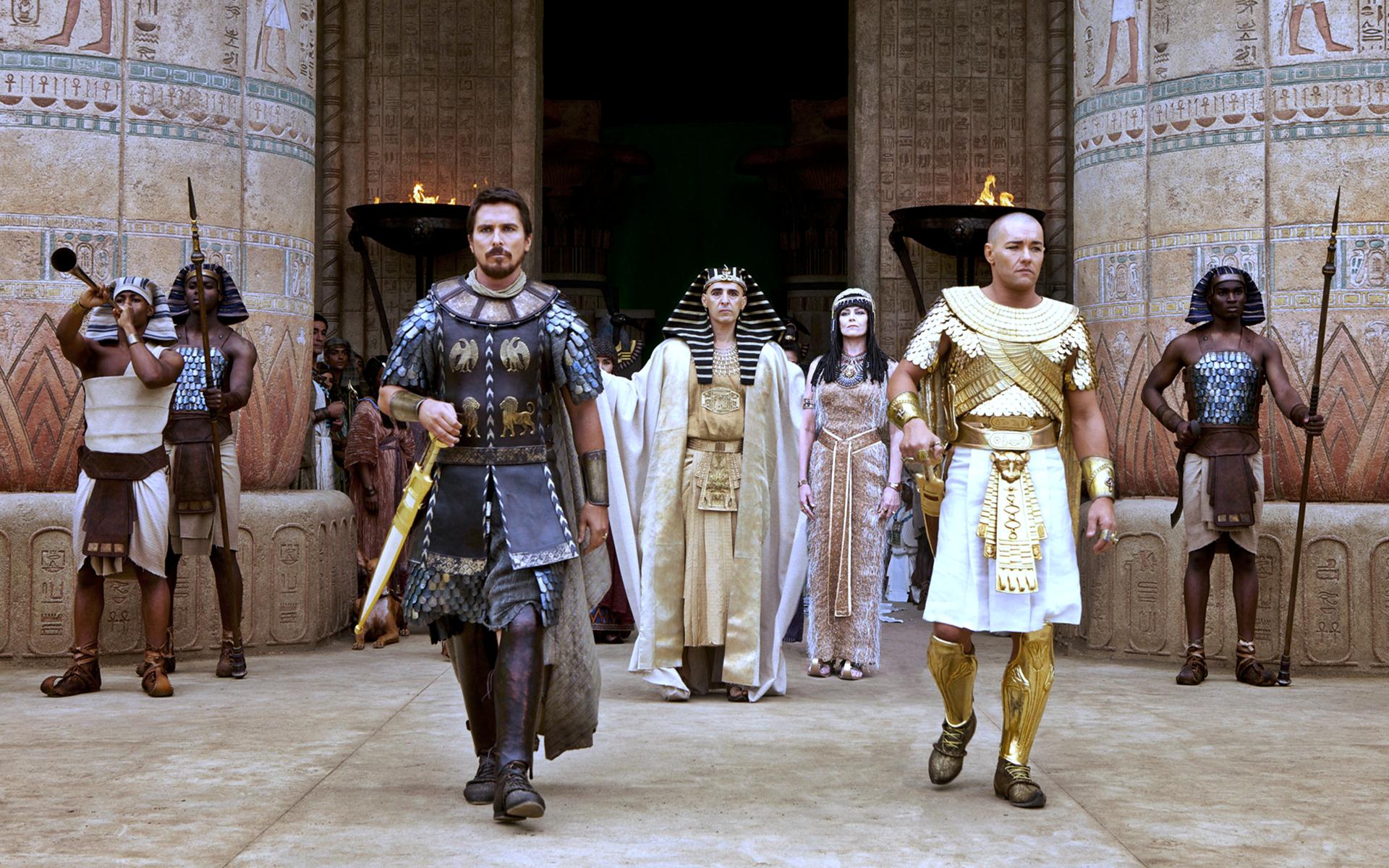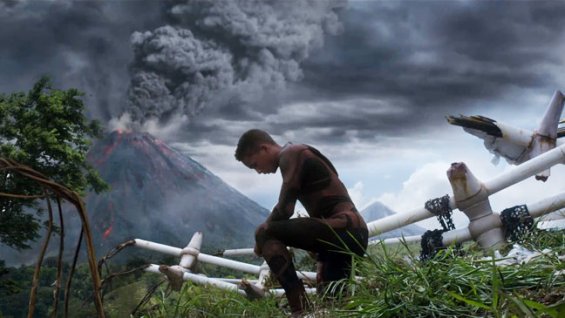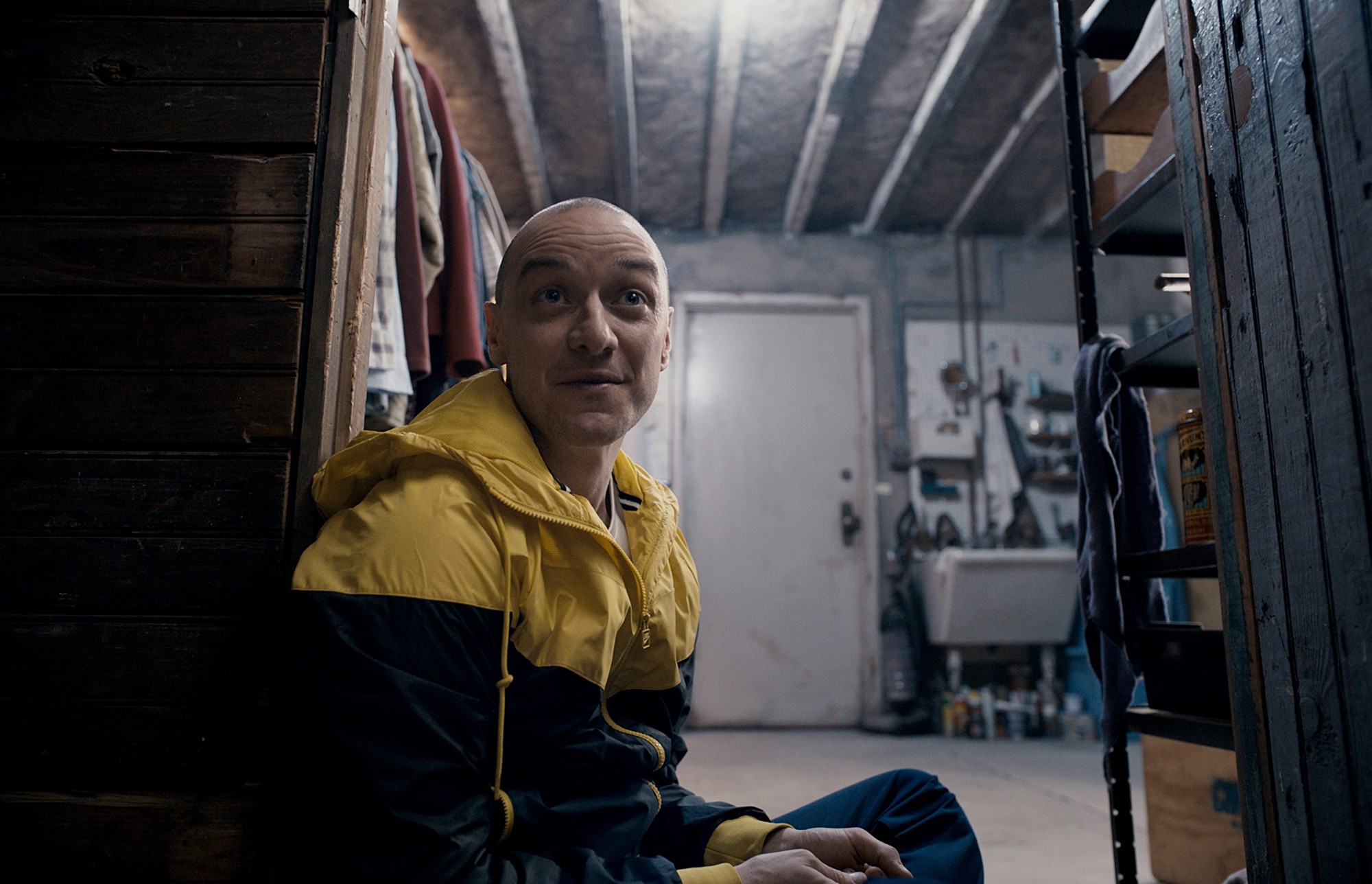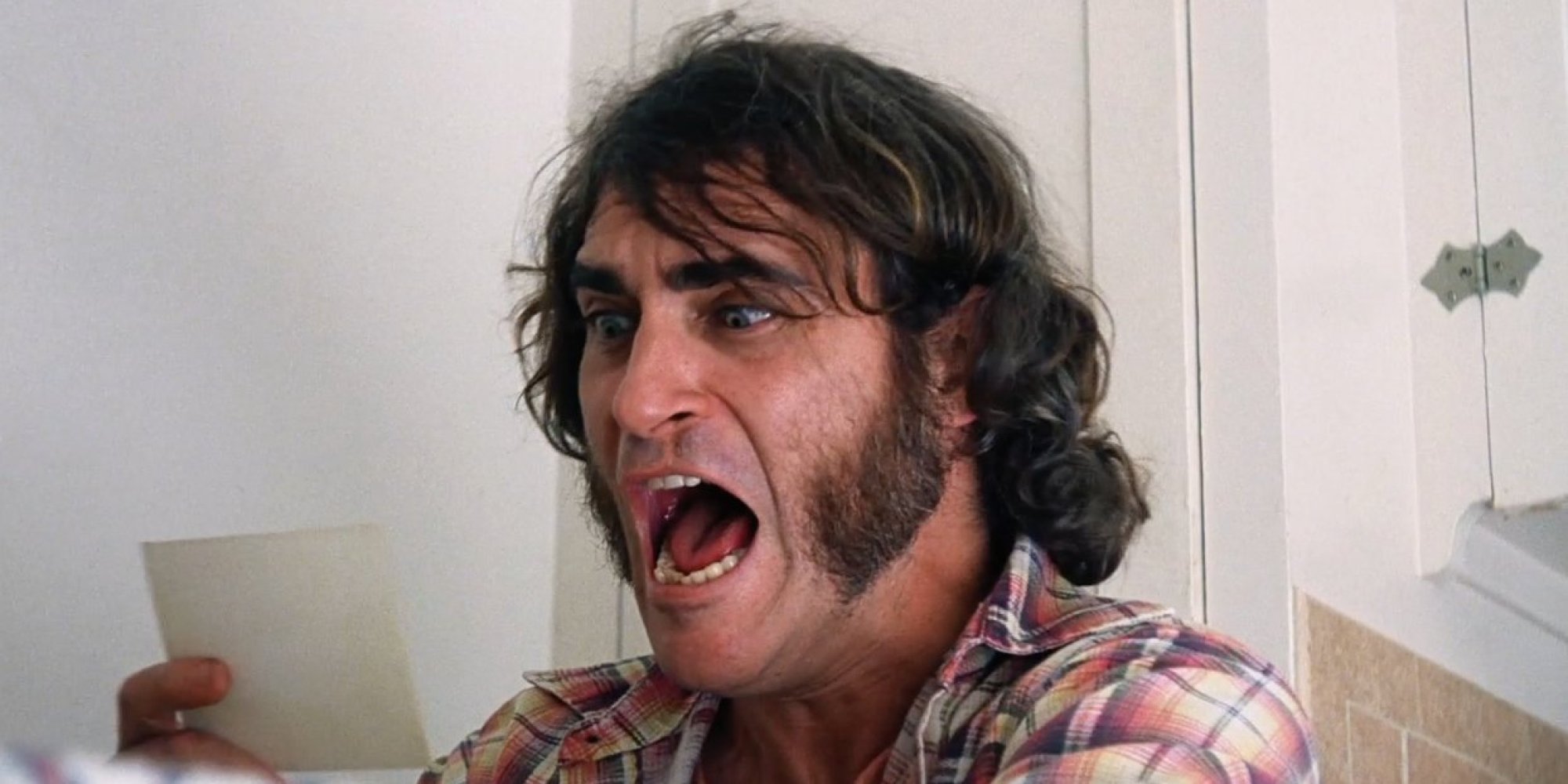If you’ve ever wanted your Old Testament served up in 3D, well guess what weirdos – Exodus: Gods and Kings is the movie for you. And this being the year of the biblical epic I guess it was a matter of time before one of these movies was given a gnarly, dim 3D conversion but did Ridley Scott really have to stoop so low? Also, with one of the most visually appealing biblical stories at his fingertips, how did Scott release something so ugly?
In this and so many other ways Exodus feels like a regressive Hollywood epic. All major Egyptian characters are played by white people, there are major battles throughout for no other reason than to show a major battle and technological “advances” (3D nonsense) are shoehorned in at the expense of audience enjoyment. I was surprised we didn’t get smell-o-vision during the plagues.
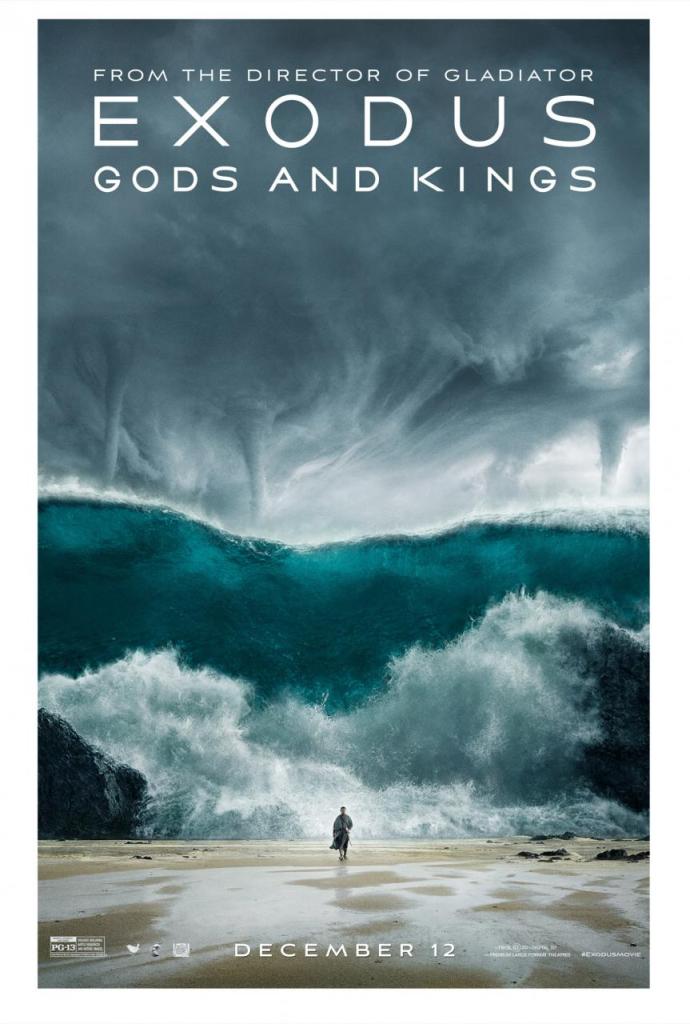 The sad thing is Scott is such an accomplished Director he can’t help but conjure up some evocative images and sequences. For example, the notorious G-O-D is played by 11-year-old British actor Isaac Andrews with incredible verve and sincerity. It’s also some of the film’s most surreal and interesting moments. When Moses (Christian Bale) tussles with the cause and consequence of God’s decisions there is surprising moral heft in their interactions. Too bad most of said interactions are surrounded by such dull seriousness.
The sad thing is Scott is such an accomplished Director he can’t help but conjure up some evocative images and sequences. For example, the notorious G-O-D is played by 11-year-old British actor Isaac Andrews with incredible verve and sincerity. It’s also some of the film’s most surreal and interesting moments. When Moses (Christian Bale) tussles with the cause and consequence of God’s decisions there is surprising moral heft in their interactions. Too bad most of said interactions are surrounded by such dull seriousness.
Much has also been made of the hyper-gentrified casting and it’s hard not to be distracted by it. I understand the constraints of an expensive film getting funding in Hollywood without a bankable star (hence Christian Bale) but this feels beyond overboard. Some of the highlights – Joel Edgerton plays Ramses – Moses adopted brother and heir to the throne of Egypt. Edgerton is a wonderful actor and imbues his role with several interesting nuances but, really? Among the others – John Turturro as the Egyptian King, Aaron Paul as Joshua – Moses’ right hand man, Ben Mendelsohn as an evil Viceroy, Sigourney Weaver as an Egyptian Queen and Ben Kingsley as Nun – Moses’ advisor and Hebrew elder. It’s not an understatement that this is beyond distracting as the cavalcade of completely misplaced British and American actors parades around the screen.
The casting and general look of the film continually undermine what is and can be told as a powerful, emotional epic. The best and worst example of this in Exodus comes during the plague sequence – an extended montage of God’s wrath cast down on the people of Egypt. Scott lends an heir of credibility to the plagues that can read as outlandish on paper (frogs, locust and boils are very gross in 3D close-up.) But as soon as these afflictions begin to feel lived in they are undermined by CGI that looks old and unfinished. The parting of the Red Sea is also given this treatment; it’s impressive and laughable all at the same time.
Ridley Scott has unfortunately been the victim of studio interference before (watch Kingdom of Heaven and then catch the Director’s Cut for the starkest example of his vision being initially squashed then reborn) and Exodus often feels burdened by executive notes. It’s possible there is a good movie hidden in here somewhere and maybe one day we’ll get that vision. But that movie does not exist right now.
What struck me as even more depressing was the first title card in the credits. It read simply, “For my brother, Tony.” –referring to Ridley’s brother (also an accomplished Director) who committed suicide in 2012. The emotional pitch peaked in the theater with that title card – after the film was over. It was all the heart and emotion Ridley Scott has displayed on screen so many times in 4-simple words. You can imagine another version of Exodus rising to the legacy of his brother (and perhaps mirroring their own brotherly struggles) but here, sadly, that was not to be.

